"Have the courage to step out of your comfort zone."
Yoshihisa Kojima, 3rd year School of International Liberal Studies
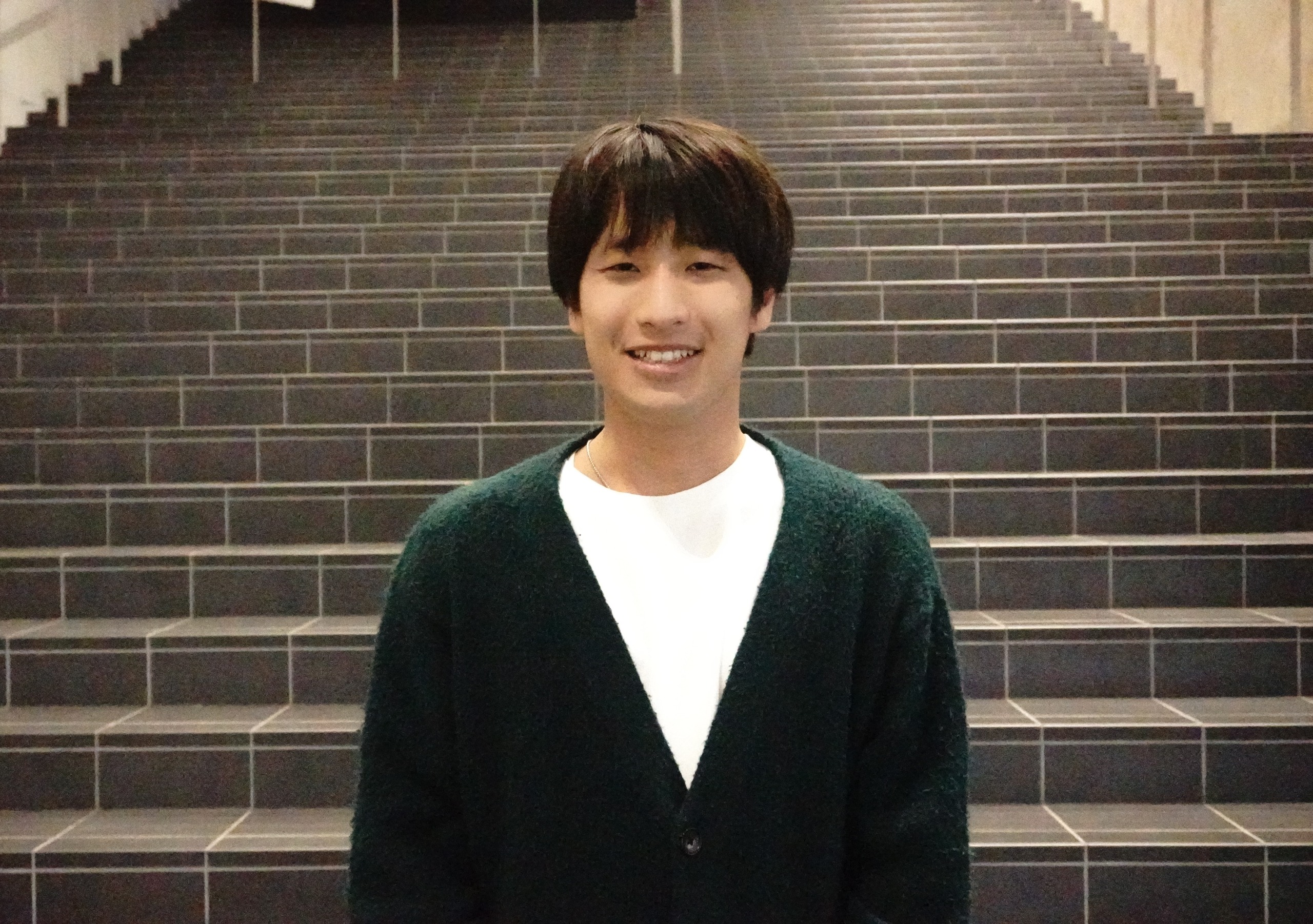
At Building No. 11 on Waseda Campus
Kojima provides study support to elementary and junior high school students who cannot attend cram schools for financial reasons through his group "BORDER FREE" (a WAVOC registered student club). In recent years, comprehensive selection entrance exams (which emphasize experiences and learning outside of academics) have become more common in university entrance exams, and Kojima felt that there was an issue with the experience gap that arises depending on the family's economic situation and environment. With this in mind, he and his fellow members launched "High School Cafe," a place where high school students can gain work experience by running a cafe. We spoke to Kojima about the background to this project and his outlook for the future.
-First, please tell us about High School Cafe.
This is a practical project in which high school students actually run a cafe. A total of 10 high school students were recruited mainly through social media, and a restaurant in Tokyo was rented out for its off-hours. They were divided into two teams and competed over sales four times each, with the proceeds from the cafe being donated to "BORDER FREE."
The high school students not only handled on-site duties such as serving customers and cooking on the day, but also planned and ran the event themselves over a four-month period starting in September 2024, developing original menus, public relations activities, and revenue forecasts. It was not just a business experience, but a learning opportunity to acquire skills that will be required in the real world. I and other members of "BORDER FREE" were in charge of finding restaurants that would provide a venue and following up with the high school students through meetings leading up to the day of the event.
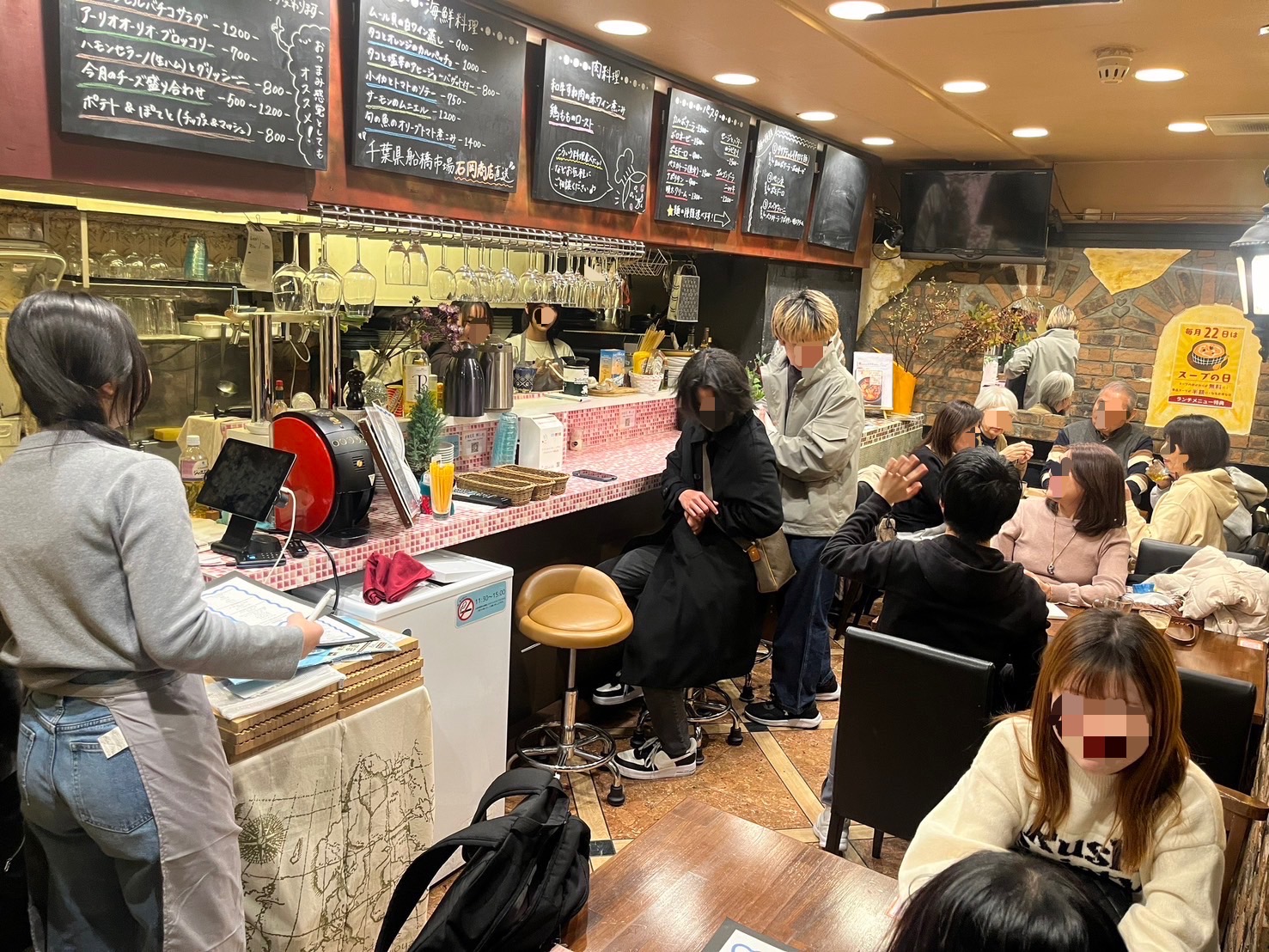
The High School Cafe on the day. They rented out "BISTRO Carrot" in Shinjuku and had a lively business! Kojima supported the high school students in running the event on the day.
-Why did you decide to start a High School Cafe?
The background to the birth of this project is the current situation where comprehensive and school recommendation type selections are increasing as the entrance examination methods for universities, including Waseda University. In the comprehensive selection method, which is one of them, it seems that achievements that are difficult to obtain unless you are in a favorable environment, such as "contributing to a school overseas while studying abroad" or "participating in the International Mathematical Olympiad," are valued. Recently, there has been an increase in specialized cram schools that specialize in comprehensive selection, and I think that the more money you spend, the more advantageous the position you will be in. Therefore, we wanted to provide an experience that high school students can take the initiative in, regardless of the financial situation of each family, so we launched "High School Cafe."
-What first got you interested in educational inequality, and why did you decide to join BORDER FREE at university?
It all started with a book I read during spring break after taking my university entrance exams called "Educational Disparities" by Ryoji Matsuoka, a former Associate Professor at Waseda University. Although I was aiming to become a teacher, I had never really thought about the existence of educational disparities until then, so when I read the book, I was shocked and thought "What is this?"
I went to a private school that offered both junior and senior high school education, and I was able to take the university entrance exam without any problems, so I feel that I was blessed with a good educational environment. However, I realized that there are many people who do not have the same opportunities, and I began to think, "Is there something I can do to help them?" This idea is similar to the French phrase "noblesse oblige" (the responsibility of those in a privileged position), and I felt that it overlapped with the philosophy of "BORDER FREE," which I found while researching educational student club, so I decided to join.
Left: "Educational Inequality" by Ryoji Matsuoka (Chikuma Shobo), which sparked Kojima's attention to educational inequality
Right: Waseda Classroom, one of the activities of BORDER FREE. Group lessons are held for elementary and junior high school students under the motto of "Enjoy learning from the basics."
-What was it like actually running a high school cafe?
The feedback from the participants was very positive. In addition to comments such as "I discovered a new side of myself" and "I was able to gain experience that I couldn't have had at school," we received feedback such as "I was able to experience the process of creating something from nothing in business." Some participants seemed to feel that it was particularly valuable to have the opportunity to collaborate with members they had never met before to create a deliverable and become involved in society, an experience that is rarely seen in high school life.
Left: High school students planning. As this was their first experience with management, Kojima and other university students gave them advice on management strategies.
Right: A pre-meeting with the high school students. They were unable to come to a consensus on pricing, and the university students offered heavy feedback.
On the other hand, we felt that our PR skills were still lacking. I think the high school students participated because they felt the need for the project, but I think there are many more high school students who are forced to give up on the challenge for economic reasons, which is the original target, so I feel that the information is not being delivered sufficiently. In the future, we would like to reach more high school students by improving our PR skills using social media and expanding the scale of the project.
Furthermore, because the "cafe" format is merely a means to an end, in the future we would like to continue to provide more high school students with opportunities to gain initiative and discover a new side of themselves through management experiences in other formats as well.
--What do you think university students can do about the "educational gap"?
I think it's important to know the existence of "educational disparity" and recognize the problem. It is by no means a given that there is an environment in which one can attend a private university like Waseda University. Ask yourself, "Why am I able to attend university in the first place?" I think that taking an objective look at the situation you find yourself in is the first step to understanding the current state of society.
Also, when I look at the people I met at university, I get the feeling that many students are unable to step out of their comfort zones, thinking, "This is good enough." In order for us, who will shoulder the future, to change society little by little, we need the courage to step out and try to learn new things, more than ever.
-Finally, please tell us your future goals.
"BORDER FREE" is trying to create a system on a national scale that can continuously support children's learning until they enter the workforce by 2032. Because it is run by students, we believe that it will resonate with more people, so we aim to expand our activities outside of Tokyo and help correct "educational disparities" all over Japan.
I, myself, would like to work for a private company after graduating from university and then become an elementary or junior high school teacher. My teacher in elementary school had experience as a hotelier, and he was a student-first teacher, who would take surveys every time to see if the class was fun. I feel that he could provide more in-depth instruction because he had experience outside of education, so I would like to gain experience in another industry first. And someday, I would like to surpass my teacher.
No.896
Interview, text and photography: Waseda Weekly Reporter (SJC student staff)
Nagisa Nishimura, 3rd year, School of Culture, Media and Society
【Profile】
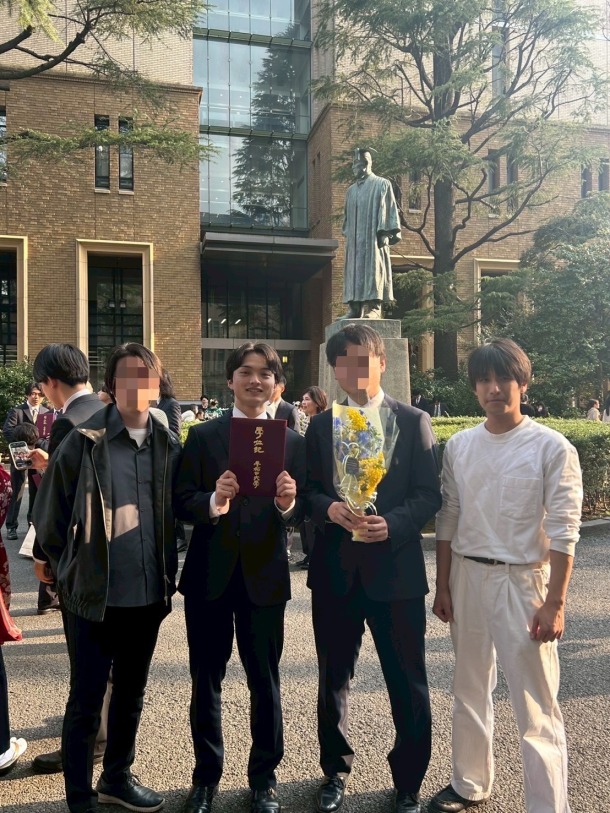
At graduation with Haruto Ishii (second from the left, School of Commerce, graduating in March 2025), a member of BORDER FREE who also appeared in Focus. Kojima is on the far right.
Born in Kanagawa Prefecture. Graduated from Toko Gakuen High School. His favorite Waseda meal is "Musashino Abura Gakukai, a restaurant that specializes in abura soba." He has had the store's black card (a special gift given to those who visit the store a total of 50 times) since his first year of high school and is so enthusiastic that he sometimes visits the store twice a day when he wants to eat there and is currently spreading the word to student club members. He loves the movie "Star Wars," and has been watching it with English subtitles since kindergarten, which he says has led to his current English ability.

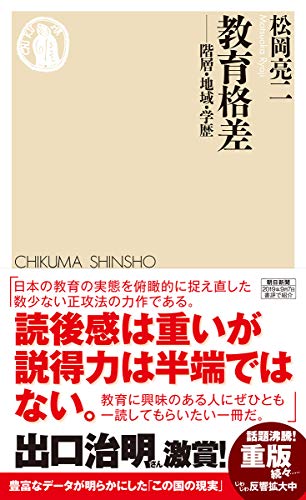
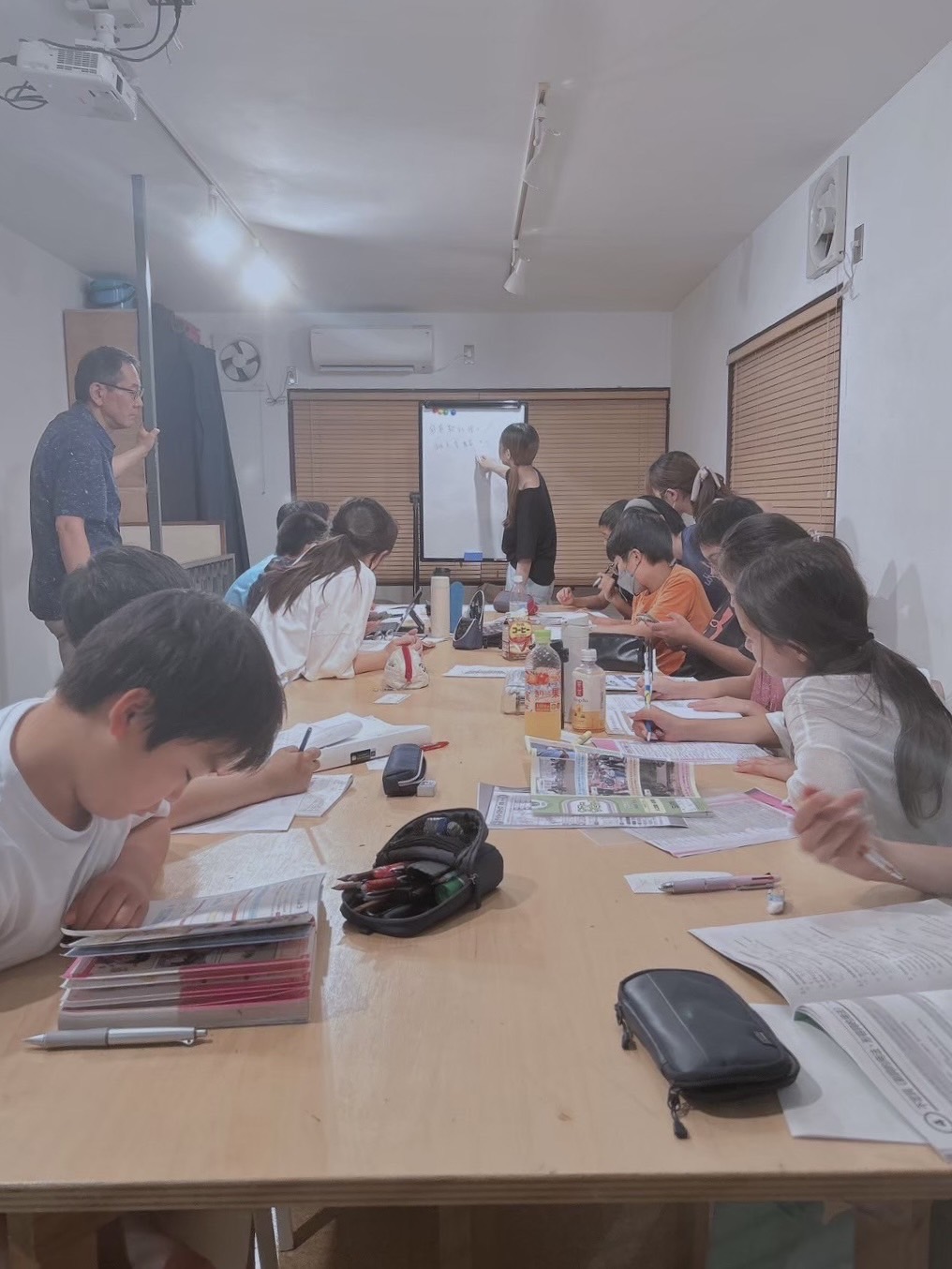
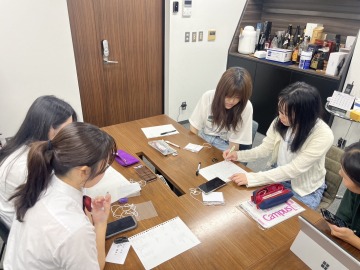
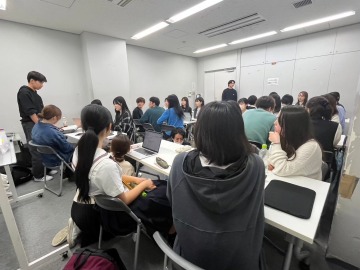
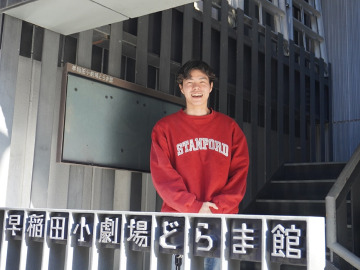
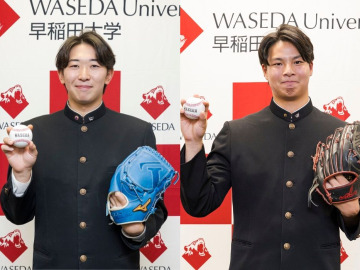
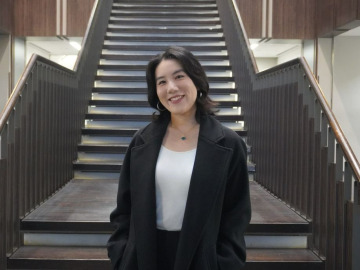
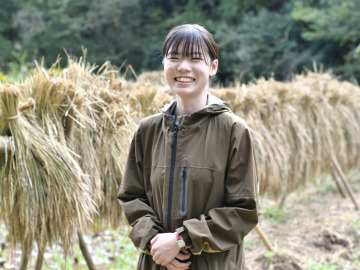

![[Save version] Map of the four main campuses](https://www.waseda.jp/inst/weekly/assets/uploads/2025/09/17cb2975123fc5103172ef60bd98608d-610x458.jpg)

